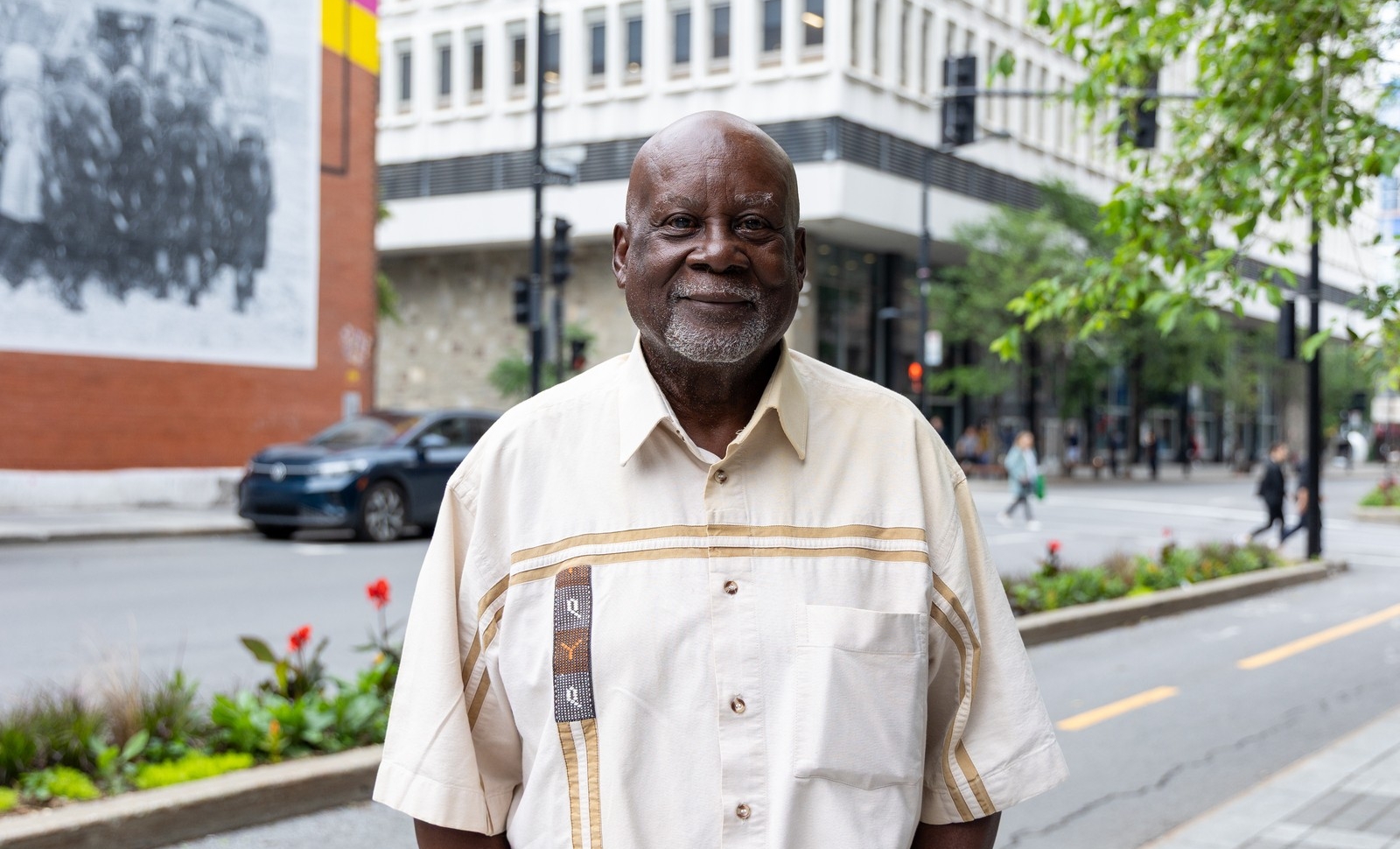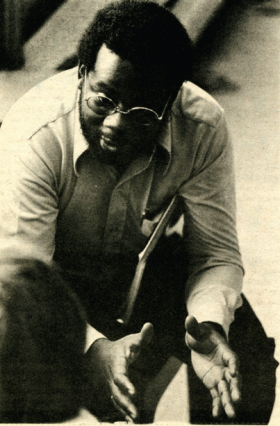His decision to leave Sir George before graduating came amid a tense climate of cross-border intelligence sharing. The RCMP actively monitored U.S. draft resisters, including participants in the Civil Rights Movement.
Anderson understood the risks first-hand. Friends in Montreal had received visits from officers, who falsely accused him of involvement in drug trafficking in an attempt to locate him.
Recognizing the danger, Anderson could not attend convocation in 1973 to accept his Board of Governors Medal for Creative Expression in Literary Arts.
Eventually, he risked entering the U.S. In what plays out in his memoir like a thriller, Anderson married his Canadian girlfriend in Vermont and re-entered Canada under his birth name. This allowed him to begin the immigration process in earnest.
He became a Canadian citizen as Fred Anderson on January 7, 1977. Remarkably, just two weeks later, President Jimmy Carter granted an unconditional pardon to hundreds of thousands draft resisters.
Anderson went on to a career in social work at Montreal’s Batshaw Youth and Family Centres and in Cree and Inuit communities in Northern Quebec.
And though he left Sir George earlier than he would have liked, he never severed ties with the Concordia community.
In the 1990s, at the invitation of activist and community organizer Lance Evoy, Anderson re-engaged with campus life through the Institute in Management and Community Development.
Evoy asked him to join an advisory board to help launch the Institute’s summer program on Loyola Campus. Anderson remembers it as a dynamic experience where hundreds gathered for workshops and collaborative projects.
“It was something unique to Concordia because of its mission,” he says. “I don’t think it would have been possible at any other university.”
Anderson also contributed to another initiative that endures to this day: the University of the Streets Café. Launched by Evoy in 2003, the series of public conversations engages members of the broader community on important social issues.
‘Never assume the victories people gave their lives for are permanent’
Anderson never set out to publish a memoir. From Mississippi to Montreal took shape after he joined SNCC veterans on an annual speaking tour of U.S. schools.
After each engagement, the group would gather over meals and voice a growing sense of urgency.
“We were hearing about people we worked with who were dying off,” Anderson says. “Their stories were being lost, and we needed people to remember.”
Many in the group began writing in that spirit, yet only three were able to complete their memoirs (these include the recent Mississippi’s Black Cotton, by MacArthur Cotton with John Obee).
Anderson’s motivation also draws from an unraveling in recent years of hard-won progress, most notably during the Trump era.
“Never assume the victories people gave their lives for are permanent,” he warns. “Don’t make the mistake of thinking they can’t be taken away.”
Among the memoir’s most arresting images is one from Anderson’s youth: riding a mule through the Mississippi Delta, going door to door to encourage Black residents to register to vote.
Reflecting on the experience 60 years later, Anderson recalls a moment during the 1965 Selma-to-Montgomery march for voting rights.
As the marchers faced certain police violence at the Edmund Pettus Bridge, Dr. Martin Luther King Jr. uttered this prayer: “Lord, forgive us for our stupidity. But look after us, nonetheless.”
That quote has stayed with Anderson.
“There was a certain amount of courage in what I was doing,” he says, “but also a bit of foolishness, too.”
This story was made possible thanks to the generous assistance of Great Concordian Myrna Lashley.


 “[Sir George] was an incredible lab,” says Fred Anderson.
“[Sir George] was an incredible lab,” says Fred Anderson.
 1973 archival photo of Anderson (as Clifford Gaston) shortly before he was forced to leave Sir George
1973 archival photo of Anderson (as Clifford Gaston) shortly before he was forced to leave Sir George